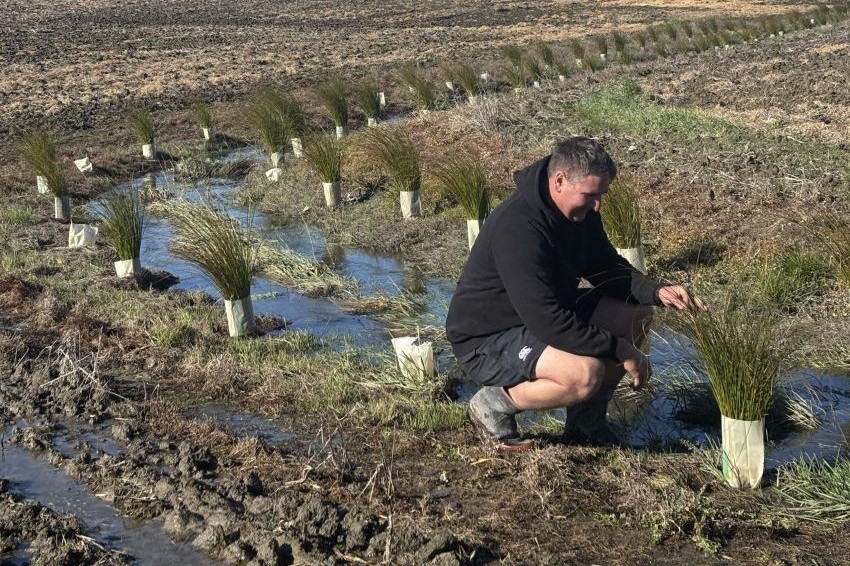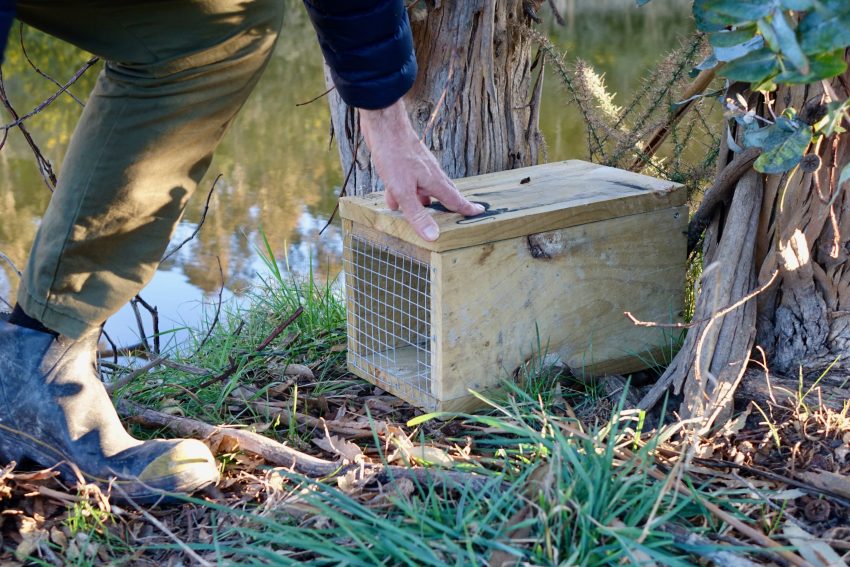Words by: Steven Cranston
After another tough year of negative headlines it was reassuring to see the first green shoots of common sense tentatively appearing on the vexed subject of agricultural emissions.
They came by way of a Beef + Lamb NZ report demonstrating their sector is well on the way to carbon neutrality. It was found that the 2 million hectares of woody vegetation on sheep and beef farms are estimated to offset 90% of their total emissions.
This report is significant as it represents a shift in thinking. Now instead of only counting the emissions produced by farming in isolation, we see how these emissions are also simultaneously balanced by carbon uptake. What this report shows is how farms work in the real world and will hopefully bring in a new era of farmers getting full recognition for the carbon they sequester on their properties.
Even more remarkable is that the sheep and beef sector has got to 90% carbon neutral with both hands tied behind their back. For a start, applying the term ‘carbon neutral’ to agricultural emissions is meaningless.
We are simply comparing apples with oranges via an accounting system not designed for that purpose.
Methane is a short-lived gas and behaves completely differently in the atmosphere. NZ agriculture has effectively stabilised its methane emissions and according to the best science to hand, 80% of farmers’ total emissions have no warming effect on the climate. This represents a major missed opportunity by Beef + Lamb to correct the record before farmers are needlessly lumped with a tax on methane.
A bolder, more progressive Beef & Lamb would have seen their sector has in fact been dealt a very strong hand. In total, NZ farmers emitted 37,697 tonnes of CO2 -e (CO2-e = CO2 equivalent) in 2018, of which 29,426t was methane.
The last five years of data indicate an average reduction in methane emissions of 0.25% a year, ensuring a negligible impact on climate. Therefore, the industry only emitted 8271t CO2 -e that can be considered climate warming, predominantly nitrous oxide.
This represents a major missed opportunity by Beef + Lamb to correct the record before farmers are needlessly lumped with a tax on methane.
Now here’s where it gets interesting. Beef + Lamb’s research found that carbon sequestration from woody vegetation on their farms alone was 10,394t CO2-e at the lower end and is possibly as high as 19,600t. Our humble sheep and beef farmers can easily offset all the annual warming produced by the entire agricultural industry.
Unbeknown to most hill country farmers, and apparently their sector representatives, incoming climate regulations could and should see them profit handsomely. They should be selling carbon credits to a dairy industry in need of offsets, officially making the entire industry climate neutral.
This would be a boon for dairy as well, the ability to rebrand products as climate-friendly would more than outweigh the costs involved. Keeping in mind, dairy is not the climate destroyer it is made out to be either.
With warming mostly driven by nitrous oxide which only makes up 20% of the sector’s total emissions, and with a sizable amount of woody vegetation on dairy farms as well, the shortfall may not be that great.
Sadly, without a resolution to the methane issue the focus is destined to remain on total emissions rather than the warming they produce. It must irk farmers to see businesses celebrated in the media for merely setting a lofty carbon-neutral goal while their own stabilised methane status receives only scorn.
Both achievements represent zero impact on climate yet are treated very differently by the media and politicians.
The argument repeatedly made against methane is that the existing level of methane in the atmosphere will continue to warm the planet. That is true to a point, we need greenhouse gases to avoid the earth returning to its resting temperature of -18C. The goal of the Paris Agreement was only ever to limit further warming so it remains unclear why farmers are not given credit for achieving that objective.
No one assumes our industry leaders have the power to force this Government to modernise the way they account for methane overnight, that will take time and a lot of convincing.
What they could be doing now however is educating the public and their consumers about how climate friendly farming really is. This is where we have failed miserably to date.
A campaign to demonstrate we are climate neutral would be the most effective way to get that message out there. Eventually, the concept of putting a blanket emissions tax on a climate neutral industry will start to receive the raised eyebrows it deserves.
To think the likes of Fonterra, DairyNZ and Beef + Lamb are not acutely aware that farmers are getting a raw deal on emissions is naive. The issue is a lack of willingness to do anything substantial about it which might see them earn a negative press release from Greenpeace or other like-minded columnists.
Ironically the best hope for New Zealand farmers may come from The United States. A recent report from the University of California titled ‘Methane, Cows and Climate Change: California Dairy’s Path to Climate Neutrality’ demonstrates a model all agricultural industries should take note of.
If climate neutrality can be achieved in that great bastion of political correctness and industrialised dairy farming, it really makes you wonder what an immense opportunity we are squandering down here.
We may not be global leaders on this subject but I hope for the industry’s sake we get to work and start following.
- Steve Cranston is a Waikato- based agricultural and environmental consultant.




